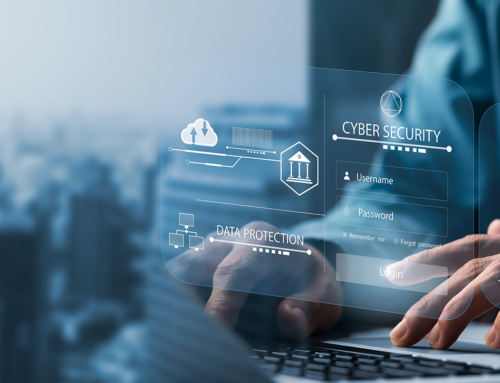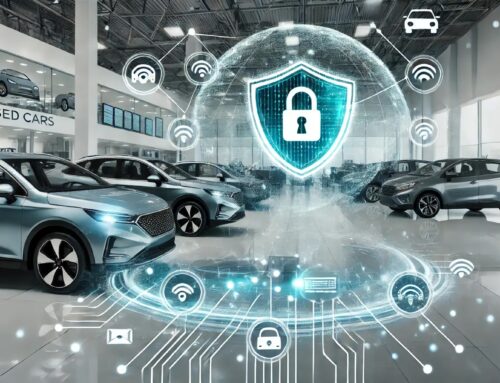IMPORTANT: THIS IS NOT ABOUT COVID! THIS IS ABOUT THE SPREADING OF MALWARE. And, yes, a cybercriminal can transform a dealership into an infectious hotspot for malware if the dealership lacks the appropriate cybersecurity best practices needed to keep today’s cybercriminal at bay.
There is growing consumer demand to combine mobility and communication and according to a 2020 McKinsey & Company report, this demand is driving the desire for MORE connected cars. But this situation, does not just require more advanced technology in the car. It also requires more advanced technology around the car. More specifically, this means that when a connected car pulls into a dealership it must enter an IT ecosystem that can quickly exchange information with the car and do so in a safe and secure manner.
Today, cars are basically rolling computers. According to KPMG, the average car has over 150 million lines of computer code. Although the connectedness and computerization of automobiles bring great advantages to the passenger experience and to road safety, they also create more vulnerabilities for cybercriminals to exploit.
Upstream Security reports that in 2019 there was a 99% increase in car hackings compared to 2018. The car hacking growth trend is expected to continue and what’s really troubling is that 82% of these car hacks happen remotely.
It is therefore increasingly possible that a hacked car can roll into your dealership’s service department. If this happens, then it is completely possible that the infected car will attempt to infect your dealership’s IT environment. Yes – if car hacking continues to grow as expected then rolling computer time bombs are going to be driving in and out of your dealership.
When an infected car enters your dealership, it can then transform your dealership into an infectious hotspot. You could then have a situation where your “diseased” IT environment will spread the “infection” to other cars that connect to your dealership’s network, software, and devices.
What should you do? Well, the best way to prevent such a scenario from happening to your dealership is to implement the modern cybersecurity best practices that are essential to staying ahead of the cybercriminal. Traditional antivirus and firewalls are definitely still required but they are NOT sufficient anymore in effectively defending against today’s cybercriminal. It is not a question of IF but WHEN cybercriminals will get into your network. Therefore, dealers need to up their game and move to the next essential level of cybersecurity – detection and neutralization/mitigation.
We all have to realize that fighting cybercrime is an ongoing and increasing endeavor. As we become a more connected, technology-driven world, the amounts and types of cybercrime just keeps growing. Dealers have made a significant investment in building their businesses, their reputations, and their customer base. We simply cannot afford to let down our guard or take a lackadaisical approach to cybersecurity. Implementing the more advanced layers of cyber-defense will keep cybercriminals from negatively impacting your investment.








